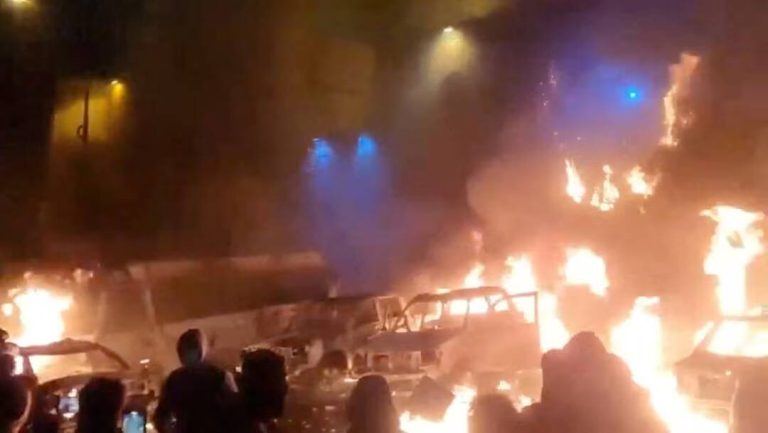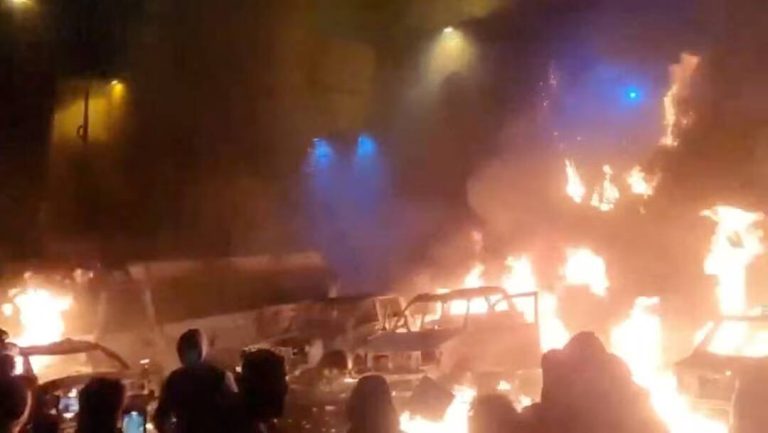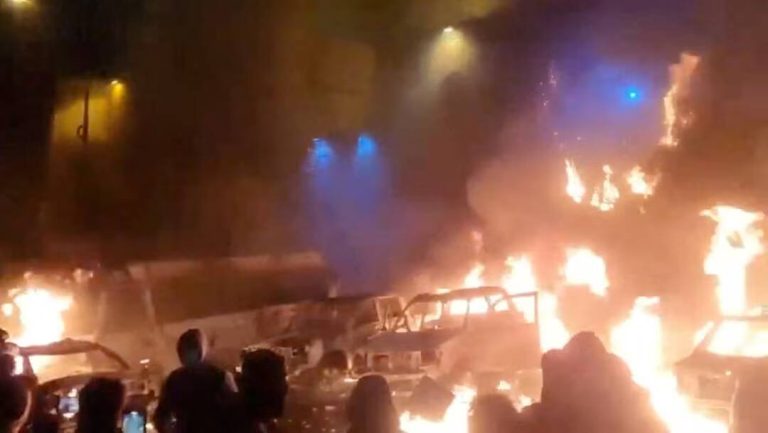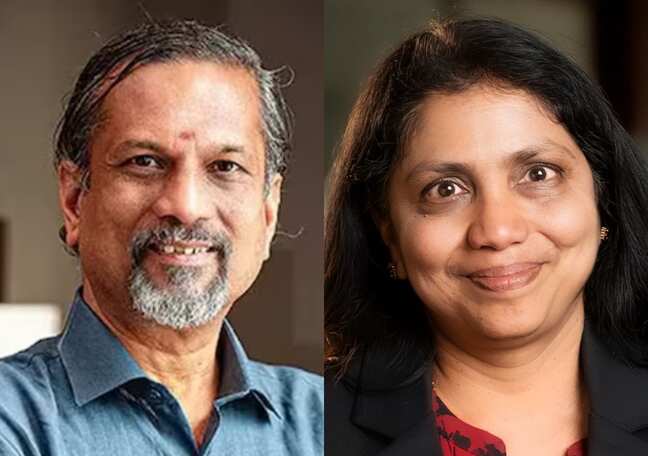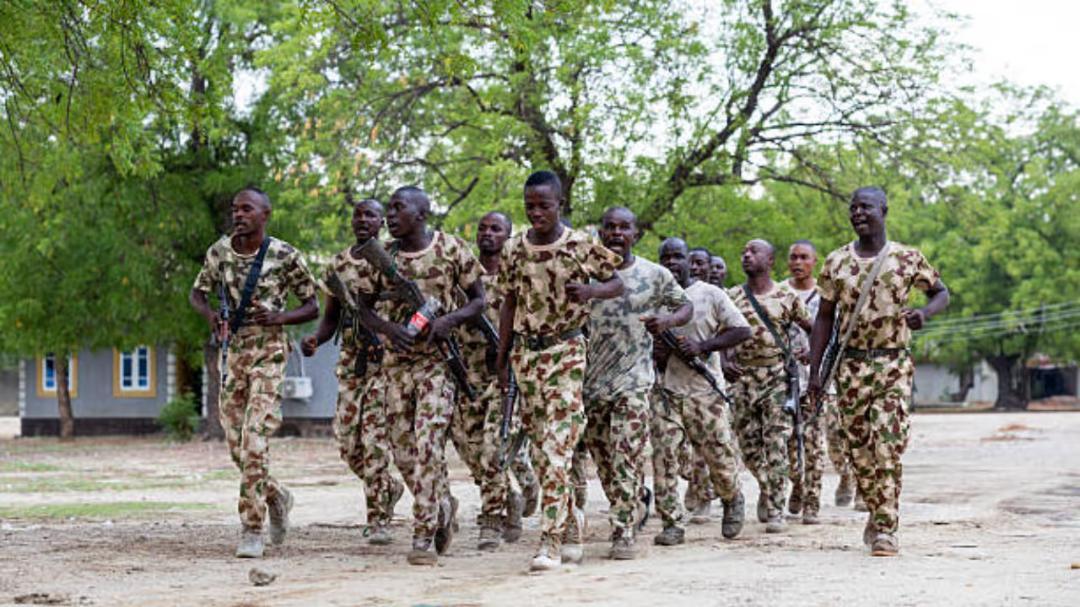
Four security personnel killed in Jihadist ambush in Nigeria
The volatile region of Borno in Nigeria has once again borne witness to a devastating attack by the Islamic State-West Africa Province (ISWAP) militants. In a daring ambush, the jihadists targeted a motorcycle convoy of soldiers and anti-jihadist militia in Damboa, resulting in the tragic loss of four security personnel. The incident, which occurred in the troubled northeastern part of the country, is the latest in a series of attacks perpetrated by ISWAP against Nigerian security forces.
According to reports, the ISWAP militants lay in wait for the convoy, which consisted of soldiers and members of the anti-jihadist militia, in the Damboa area of Borno. As the convoy approached, the militants sprang into action, unleashing a hail of gunfire that caught the security personnel off guard. The attack was swift and deadly, claiming the lives of two soldiers and two militia members. The ambush is a grim reminder of the ongoing insurgency in Nigeria, which has been waged by ISWAP and its predecessor, Boko Haram, for over a decade.
The Islamic State-West Africa Province (ISWAP) has been responsible for a plethora of attacks against Nigerian security forces in recent times. The group, which is an offshoot of Boko Haram, has been particularly active in the northeastern part of the country, where it has carried out numerous raids on military bases and civilian populations. ISWAP’s tactics have become increasingly sophisticated, with the group employing rocket-propelled grenades and suicide drones to devastating effect.
The use of rocket-propelled grenades and suicide drones by ISWAP has significantly enhanced the group’s capabilities, allowing it to launch more effective and deadly attacks against its targets. The Nigerian military has struggled to counter these tactics, which have resulted in significant losses for the security forces. The ambush in Damboa is just the latest example of ISWAP’s ability to adapt and evolve its tactics, making it a formidable foe for the Nigerian military.
The Nigerian government has faced intense criticism for its handling of the insurgency, with many accusing the authorities of being ineffective in their response to the crisis. The government has, however, vowed to do more to address the situation, with President Muhammadu Buhari promising to boost security in the region. Despite these assurances, the situation on the ground remains dire, with ISWAP continuing to pose a significant threat to security personnel and civilians alike.
The attack in Damboa is a stark reminder of the risks faced by security personnel in Nigeria. The country’s military and anti-jihadist militia have borne the brunt of ISWAP’s attacks, with many losing their lives in the line of duty. The sacrifices made by these brave individuals have often gone unheralded, but their bravery and dedication to their country are an inspiration to all.
As the Nigerian government grapples with the challenge posed by ISWAP, it is clear that a more effective strategy is needed to combat the insurgency. This will require a multifaceted approach, incorporating military, economic, and social measures to address the root causes of the crisis. The government must also work to improve its relationship with local communities, who are often the first line of defense against ISWAP.
In conclusion, the ambush in Damboa is a tragic reminder of the ongoing conflict in Nigeria. The loss of four security personnel is a stark illustration of the risks faced by those who serve their country, and the need for a more effective response to the ISWAP insurgency. As the situation continues to unfold, it is essential that the Nigerian government and international community work together to find a lasting solution to the crisis.
